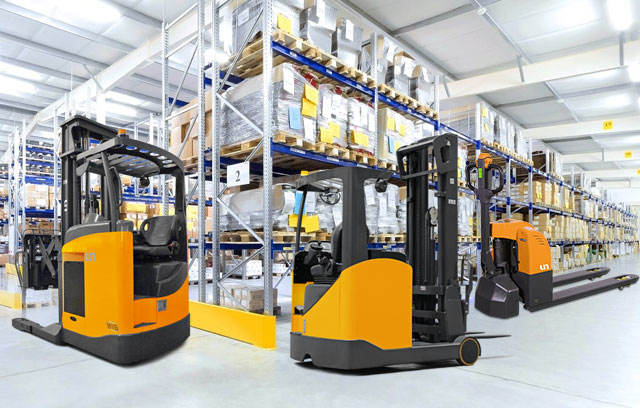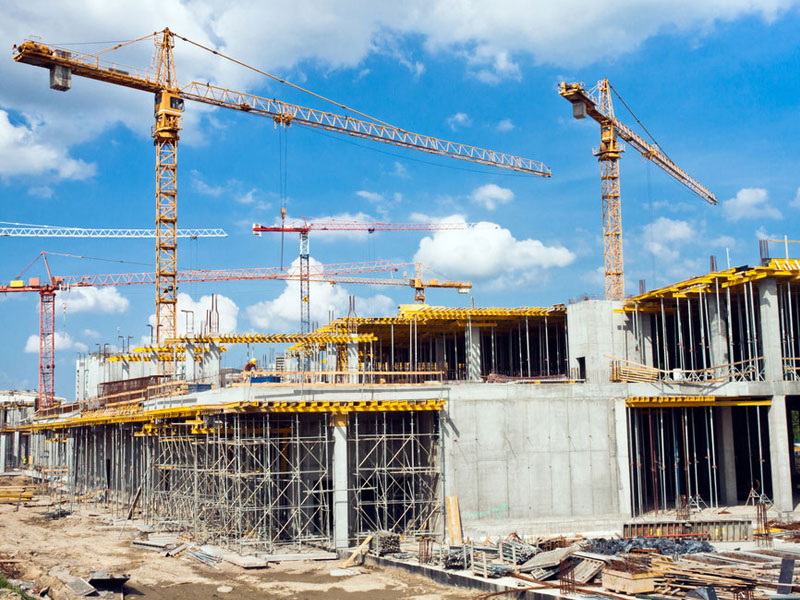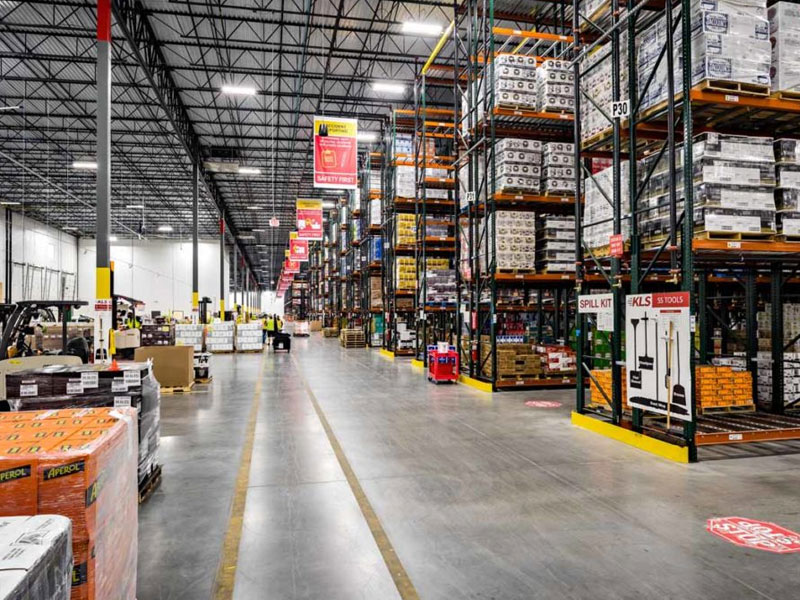Regenerative braking is a game-changing technology that has revolutionized the material handling industry, offering substantial benefits for businesses seeking increased efficiency and reduced operating costs. As a professional, understanding the significance of regenerative braking in electric forklifts is essential to optimize material handling operations and stay ahead in a competitive market.
1. Maximizing Energy Efficiency:
Regenerative braking harnesses the kinetic energy generated during braking and converts it into usable electrical energy. By feeding this energy back into the forklift's battery, it significantly reduces the overall energy consumption during operation. This feature extends the forklift's operating hours on a single battery charge, enhancing productivity and minimizing downtime for recharging.
2. Cost Savings on Maintenance:
Traditional forklift braking systems often experience wear and tear, requiring regular maintenance and replacement of brake components. Regenerative braking, on the other hand, reduces the stress on mechanical brakes, leading to less frequent maintenance and longer service life for the braking system. This translates to considerable cost savings on maintenance and replacement parts.
3. Sustainable and Environmentally Friendly:
As businesses increasingly prioritize sustainability and environmental responsibility, regenerative braking presents an eco-friendly solution for material handling operations. By reusing energy that would otherwise be wasted, it reduces the demand for electrical power, resulting in lower carbon emissions and a reduced ecological footprint. Embracing this technology demonstrates a commitment to environmental stewardship, resonating with eco-conscious customers and stakeholders.
4. Extended Battery Lifespan:
Regenerative braking minimizes the stress on forklift batteries, leading to a longer battery lifespan. Since the braking system relies on converting kinetic energy into electrical energy, it lessens the strain on the battery's chemical reactions, preserving its overall health. The extended battery life ensures consistent and reliable performance, increasing the forklift's longevity and ROI.
5. Enhanced Operator Control and Safety:
Regenerative braking provides smoother and more controlled deceleration, giving operators greater precision and control over the forklift's movements. This feature is particularly valuable when handling delicate or fragile cargo, as it reduces the risk of sudden stops and potential damage. The improved braking mechanism enhances operator safety and confidence during material handling tasks.
6. Optimized Productivity and Operational Efficiency:
By integrating regenerative braking technology, businesses can achieve optimized productivity and operational efficiency. The extended battery life, reduced downtime, and lower energy consumption allow for uninterrupted workflow and improved throughput. As a result, the overall material handling process becomes more streamlined and cost-effective.
Regenerative braking is a revolutionary technology that has transformed the landscape of electric forklifts, offering a myriad of benefits for businesses seeking enhanced efficiency and sustainability. By harnessing and reusing kinetic energy, this innovative feature maximizes energy efficiency, reduces maintenance costs, and extends the lifespan of crucial components. Embracing regenerative braking not only ensures smoother and more controlled braking but also showcases a commitment to environmental responsibility. As a professional seeking to optimize material handling operations, incorporating regenerative braking into electric forklifts can elevate productivity, cut operational costs, and position your business as a sustainability leader in the industry.
NL Series 2.0T-3.5TLi-ion Battery Forklift
The NL series new lithium battery forklift, capacity from 2,000 to 3,500kg, adopts UN internal combustion forklift 's design with the strong chassis, frame, counterweight and mast.
The NL series new lithium battery forklift, capacity from 2,000 to 3,500kg, adopts UN internal combustion forklift 's design with the strong chassis, frame, counterweight and mast.











 中文简体
中文简体 عربى
عربى Español
Español














